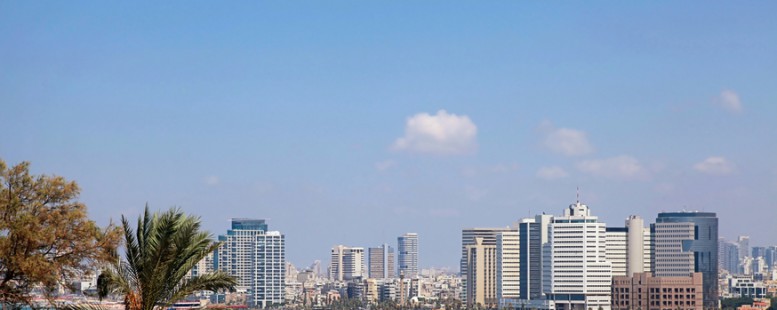Our Opinion: 2016
Israel’s cost of living problem

Israel is more expensive than Japan.
The cost of living in Israel is 10% higher than that of Japan, Italy and the US; 20% higher than that of Spain; and 30-40% higher than in South Korea and the countries of Eastern Europe.
These conclusions were part of a comprehensive report recently prepared by the OECD (Organisation for Economic Co-operation and Development).
The general feeling among the Israeli public is that not only are prices higher here, but working hours are longer and wages are lower.
Israel is known as the Start-up Nation. You see the impact of Intel, Apple, and all the other international companies that operate here. But do the other parts of the economy gain from this success? The answer is very little, at least in comparison with other countries. In Israel, there is a bigger gap than in other places between the ‘global’ innovative and competitive sectors and the ‘local’ sectors.
The gap reflects social polarization, with sections of the population detached from one another and a low level of social solidarity.
In recent years, the country has promoted growth, whilst reducing government spending.
Claude Giorno is a senior economist at the Israeli desk at the OECD. He recently said “growth is only a means and not an end in itself. In the end, a society should offer a better life. Equal and genuine opportunity for all. From this arise such questions as how we improve public services, how we ensure that everyone contributes and receives more equitably.”
Since the deregulation of the 1990s, economists have described Israel as a small, open economy, that is, an economy with high exposure to world trade.
However, Israel in no longer an open economy.
The value of Israel’s trade in relation to the economy is 50% lower than the average for the other countries in a similar state of development.
Anyone who visits here gains an impression of a thin presence of foreign players. Take a sector like supermarkets, for example. Today, in France, there are German supermarket chains like Aldi and Lidl, and British chains like Marks & Spencer. In Israel there are three or four players, all of them local. There are no foreign players here in other important areas, such as banking.
This causes the cost of living problem. When an economy is open to the global economy, all sectors strive to become more efficient and improve. Unless a company improves all the time, another company will take its place.
Israel needs to significantly improve its regulation, in order to increase exposure to the global economy. That will help back Israel’s economic strength by reducing the severe inequality that is currently so evident.
For investors, the country’s stock market is focused on pharmaceutical companies, banks and technology stocks.
The specialty pharmaceutical companies have rallied from recent lows. But the global healthcare sector has performed badly this year. With drug pricing under pressure, investors are now concerned about the combination of high leverage and falling growth. This limits the potential for the sector .
Israeli banks and technology stocks have performed well year-to- date. However, given a more positive global growth environment, their relative outperformance of US and European peers is likely to be capped for now.
Israel is often treated as a defensive investment in a difficult region. At the current time, however, better opportunities are available elsewhere.
9th October 2016
